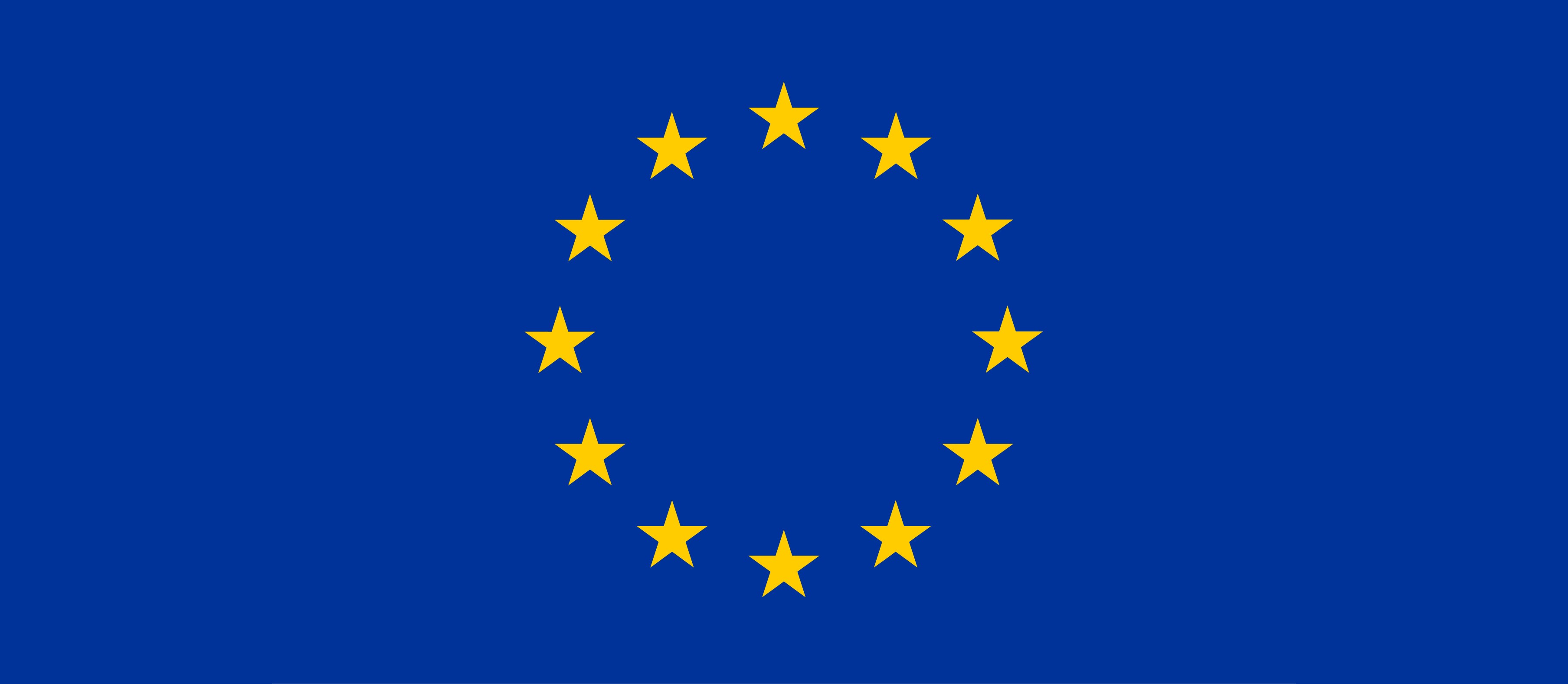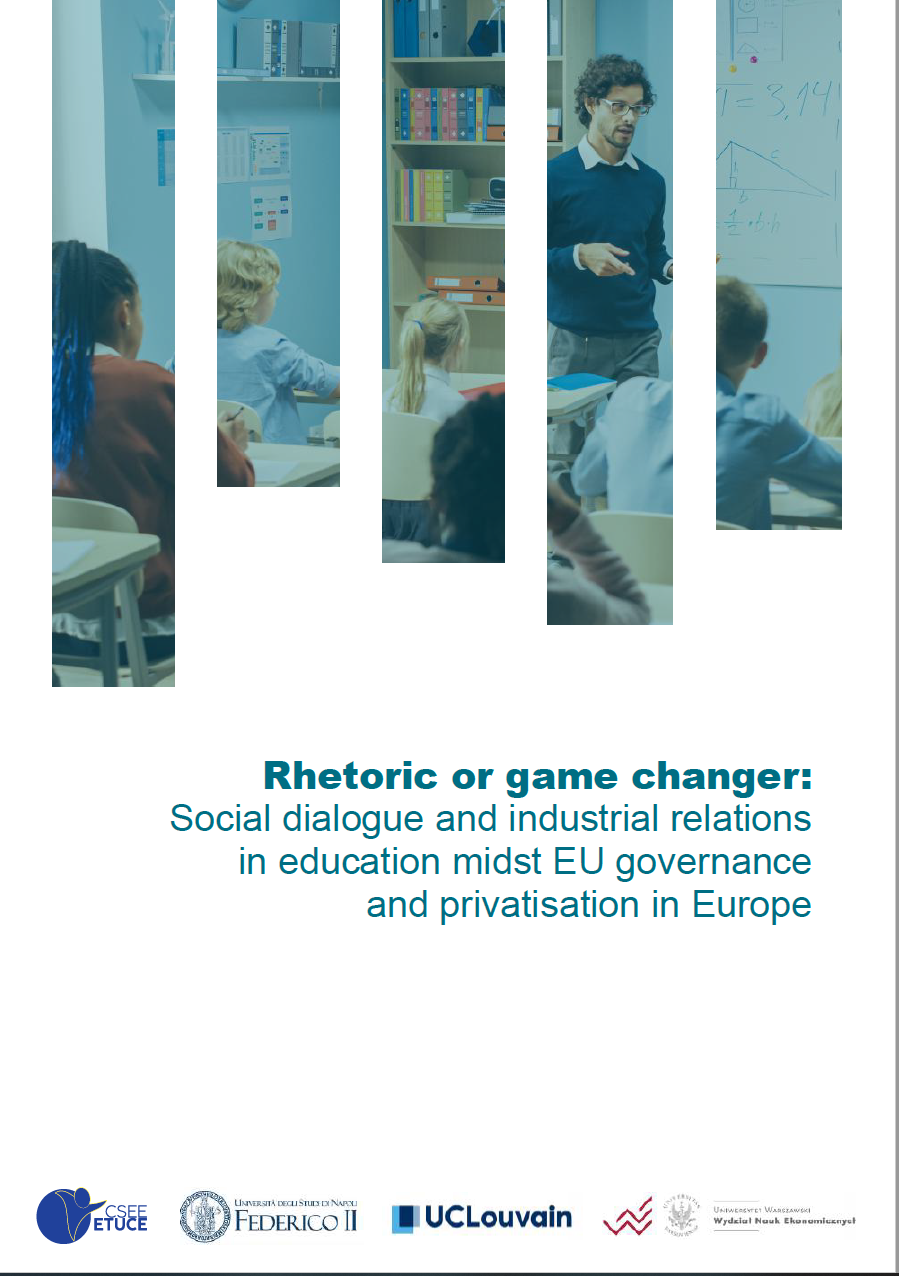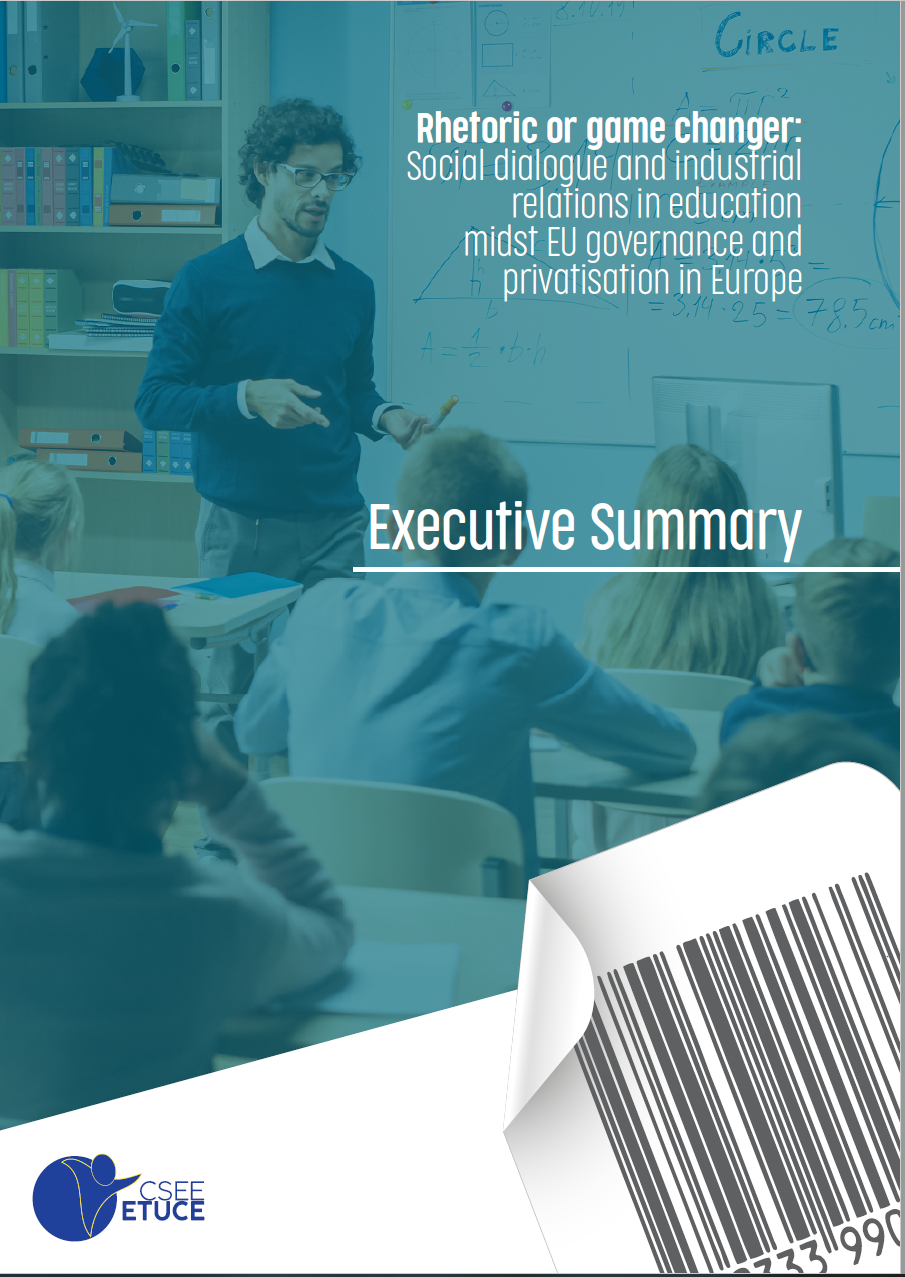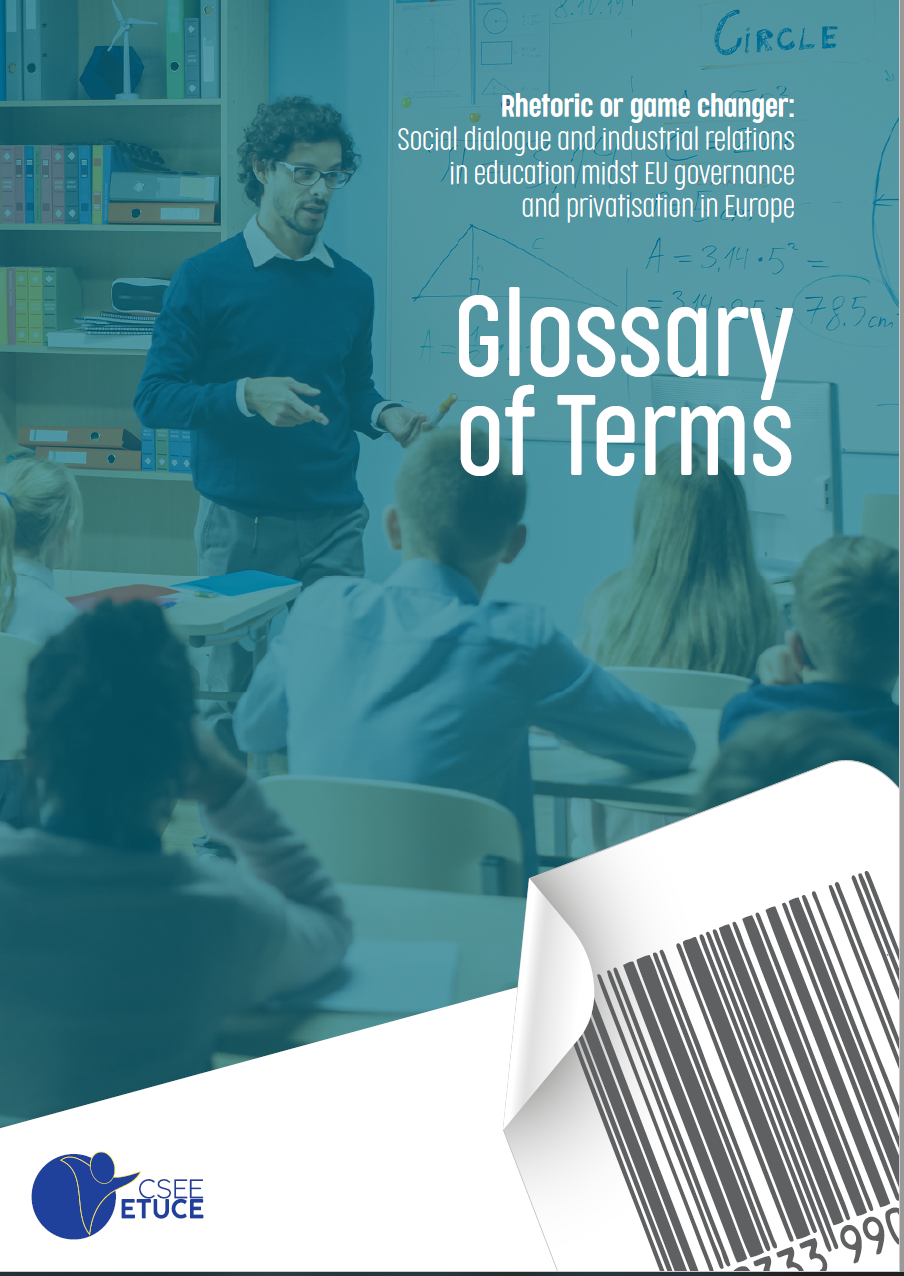Description
The ETUCE is coordinating the project IR-EDUREFORM: “Social dialogue and industrial relations in education: the challenges of multi-level governance and of privatisation in Europe”, a new one-year European research project, working in a consortium with the Catholic University of Louvain (Belgium), the University of Naples Federico II (Italy) and the University of Warsaw (Poland).
-
Projects and Tools
-
YOUR TURN! Teachers for Trade Union Renewal (2018-2020)
-
Activities Your Turn!
-
ESSDE partners promoting migrant and refugee integration (2017-2019)
-
Activities
-
EU CONVINCE project – EU Common Values Inclusive Education (2018-2020)
-
Activities
-
OiRA project – Online Interactive Risk Assessment tool
-
Empowering education trade unions to address gender equality in the teaching profession through social dialogue (2018-2019)
-
Activities
-
ETUCE Online Database of Good Practices
-
Education Trade Unions and Inclusive Schools: Embracing Diversity in Education (2019-2021)
-
e-Speed (2020-2021)
-
Privatisation and Industrial Relations (2020-2021)
-
Activities IR-EDUREFORM Project
-
Education for Social Change: The role of Education Trade Unions in addressing sustainable environmental development (2021-2022)
-
Attractiveness of the Teaching Profession (2021-2023)
-
ELNE : European Leadership Network Europe
-
ETU4REF: Education Trade Unions support the inclusion of refugees and migrant (2023-2025)
-
APRES COVID
-
Your Turn 2: Teachers for Trade Union Renewal
-
InclEdu4AllNeeds

PROJECT CONSORTIUM COORDINATION GROUP
- Susan Flocken ETUCE Belgium
- Paola Cammilli ETUCE Belgium
- Xavier Dumay UC Louvain Belgium
- Tore Bernt Sorensen UC Louvain Belgium
- Juliette Fontaine UC Louvain Belgium
- Alessandro Arienzo University of Naples Federico II Italy
- Giuseppe D'Onofrio University of Naples Federico II Italy
- Claudio Franchi University of Naples Federico II Italy
- Emiliano Grimaldi University of Naples Federico II Italy
- Francesca Peruzzo University of Naples Federico II Italy
- Pietro Sebastianelli University of Naples Federico II Italy
- Maciej Jakubowski University of Warsaw Poland
- Tomasz Gajderowicz University of Warsaw Poland
- Gabriela Grotkowska University of Warsaw Poland
Related topics
In 2020-2021, the ETUCE is coordinating a new one-year European research project, working in a consortium with the Catholic University of Louvain (Belgium), the University of Naples Federico II (Italy) and the University of Warsaw (Poland). The project IR-EDUREFORM: “Social dialogue and industrial relations in education: the challenges of multi-level governance and of privatisation in Europe” is concerned with how industrial relations (IR) and social dialogue in education sectors have unfolded in the European Union (EU) and in Belgium (French-speaking), Italy, Poland and Sweden, since the onset of the financial crisis in 2008. The comparative analysis is to improve the knowledge base for industrial relations in the education sector in Europe by considering two distinctive developments that are pivotal for understanding the development of IR. These are: 1) the global drive towards liberalisation in education reform and privatisation in and of education patterns, and 2) broader changes in EU governance, including especially the introduction of the European Semester, the intensified focus on social dialogue, and the proclamation of the European Pillar of Social Rights.
At EU level and in the four countries mentioned, the project will review how industrial relations and arrangements for social dialogue and collective bargaining in the education sector have unfolded at various levels since 2008, how are they associated with patterns of education reforms and privaitsation, with developments in EU-governance and in particular within the conext of the European Semester, and what are the implications for education personnel’s fair working conditions, professional prerogatives, social dialogue and education quality and equity. In addition, by means of a dedicated survey to education trade unions across Europe, it will review different types of private-sector involvement in education (i.e. infrastructure Public-Private Partnerships, outsourcing of educational services or of support services, innovation-based Public-Private Partnerships and business-education cooperation, operation of public education institutions, etc.) and its impact as identified by those working in the sector.
For that purpose, EU and national reports, and a survey report will be prepared outlining the findings and describing the cases. They will form the basis for an overall research report to be published by March 2021, and to be discussed at a research launch event in Brussels, where representatives of ETUCE and other stakeholders and European level social partners will be invited.






